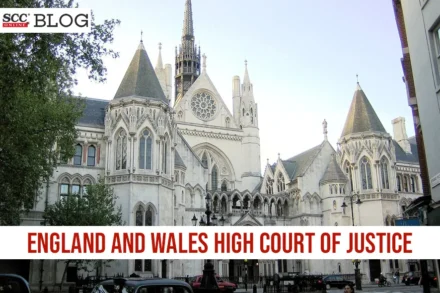
England and Wales High Court of Justice strikes out Breach of Duty Claim against YZMA Director
The allegations against the defendant related to breach of fiduciary duty, trust and statutory duties he owed as director of YZMA.

The allegations against the defendant related to breach of fiduciary duty, trust and statutory duties he owed as director of YZMA.
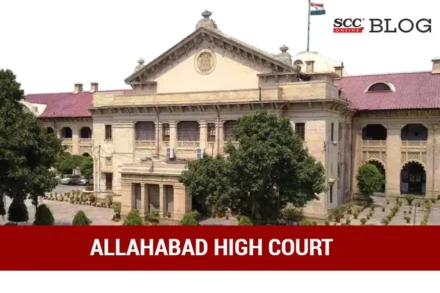
In a suit instituted by the Hindu worshippers to secure their right to darshan and pooja of deities Virajman within the premises of the Gyanvapi Mosque Complex, the Allahabad High Court said that merely seeking right to worship Hindu deities does not change the Mosque’s character into a Temple.
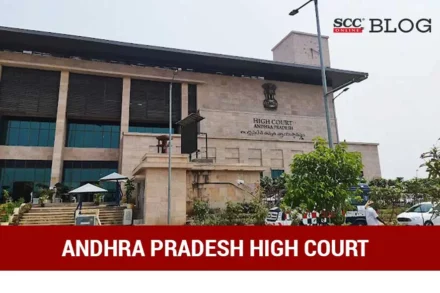
Ordinarily the litigation should not be terminated by default either of the plaintiff or the defendant. The cause of justice does require that the adjudication be done on merits.
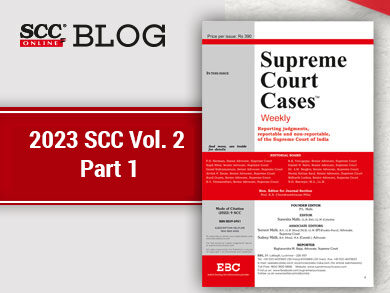
Civil Procedure Code, 1908 — S. 11 — Res judicata — Applicability: Findings on issue(s) which actually fell for consideration in the
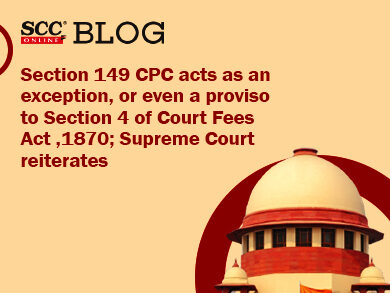
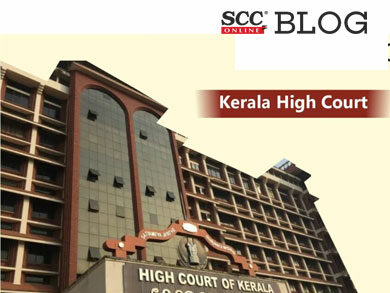
Kerala High Court perused Section 29(2) of the Limitation Act, 1963 and Section 7(7) of the Payment of Gratuity Act, 1972 and held that the authority under the Payment of Gratuity Act cannot condone the delay in filing an appeal by entertaining an application under Limitation Act.
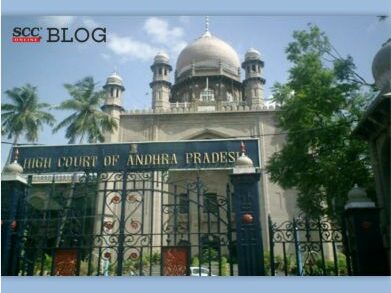
When a case falls under any specific provision of law, their residuary clauses cannot be resorted to and the parties cannot seek shelter under the residuary provision under Article 113 of the Limitation Act, 1963.
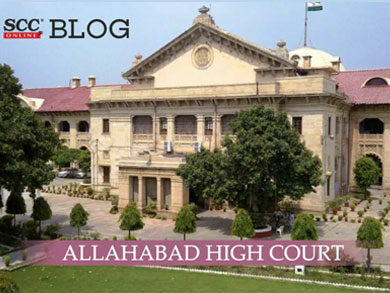
The Court, not doubting the bona fides of the District Judge, maintained the legal position of Section 5 stating that revision order was a defective one without condoning the delay. There may be instances where the interest of justice may demand Court’s interference to avoid frustration of proceedings due to technicalities, however, in the present instance nothing restrained the District Judge from deciding Section 5 application.
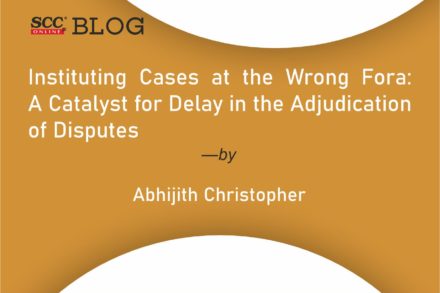
by Abhijith Christopher*
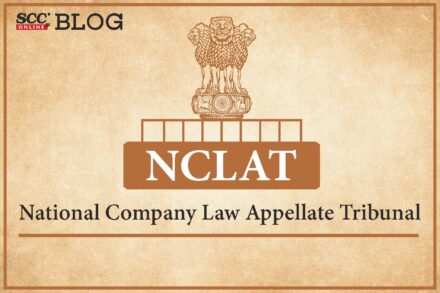
National Company Law Appellate Tribunal, Delhi: The Bench of Anant Bijay Singh, J., Judicial Member, and Shreesha Merla, Technical Member,

National Company Law Appellate Tribunal, New Delhi (NCLAT): The Coram of Justice Ashok Bhushan (Chairperson) and Dr Alok Srivastava (Technical Member) observed
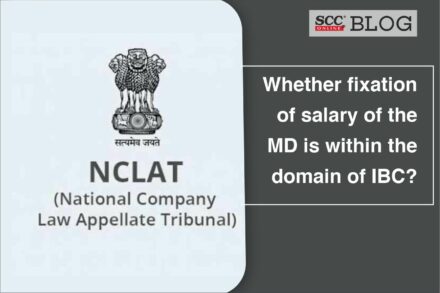
National Company Law Appellate Tribunal, New Delhi (NCLAT): The Coram of Justice Ashok Bhushan (Chairperson) and Shreesha Merla (Technical Member) held that
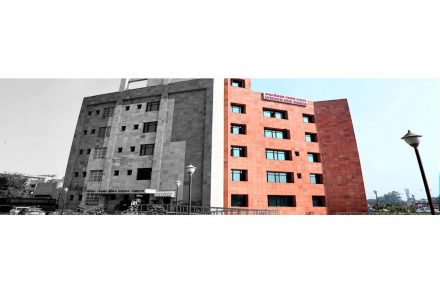
National Consumer Disputes Redressal Commission (NCDRC): Expressing its opinion of ‘Condonation of Delay’, Coram of C. Viswanath (Presiding Member) and Justice Ram
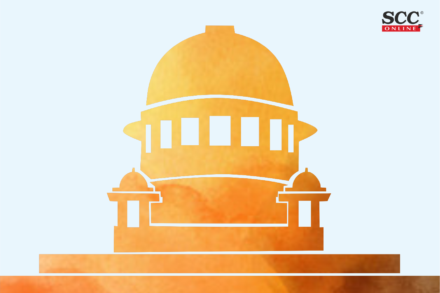
Supreme Court: A Division Bench of Indira Banerjee and V. Ramasubramanian, JJ. held that there is no bar in law to amendment
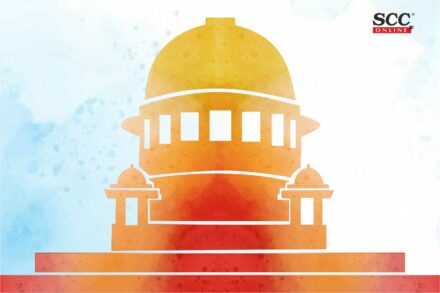
Supreme Court: The bench of Ashok Bhushan and R. Subhash Reddy*, JJ has held that the Limitation Act, 1963 is applicable to
Litigants think that they can ‘hop on and hop off the case’ at any stage without any consequence using the slogan ‘pure justice’.
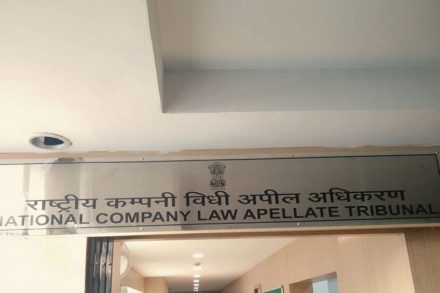
National Company Law Appellate Tribunal (NCLAT): A Division Bench of Justice Venugopal M. (Judicial Member) and V.P. Singh (Technical Member) dismissed an

Supreme Court: The 3-judge bench of RF Nariman, BR Gavai and Hrishikesh Roy, JJ has held that an entry made in the
Kerala High Court: A. Hariprasad J., while hearing a revision petition, set aside the order passed by the Rent Control Appellate Authority,
Chhattisgarh High Court: Sanjay K Agrawal J., allowed the appeal and condoned the delay while setting aside the impugned order. The facts